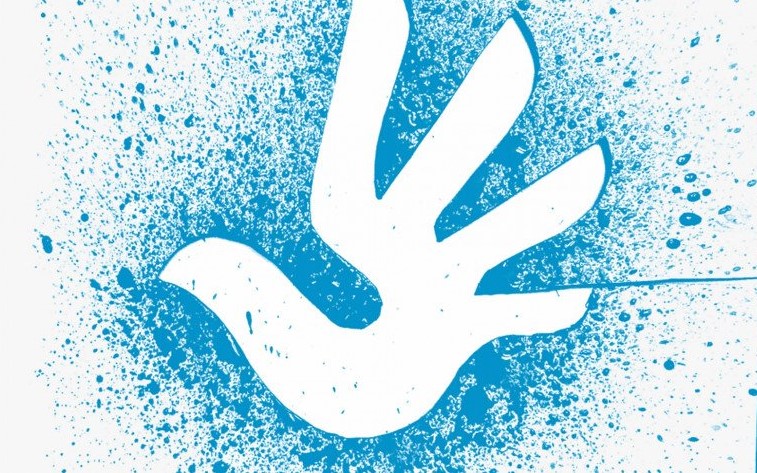On 10 December, we will observe International Human Rights Day in commemoration of the day the United Nations General Assembly adopted the Universal Declaration of Human Rights in 1948. This year, International Human Rights Day will focus on the COVID-19 pandemic and “the need to build back better by ensuring Human Rights are central to recovery efforts.”
In Bahrain, the human rights situation has continued to worsen. Human rights defenders continue to be targeted by the State, including Abdulhadi Al-Khawaja and Naji Fateel, who are serving lengthy sentences in prisons where torture and ill-treatment remain prevalent.
Indeed, Bahrain’s prisons remain overcrowded and unsanitary, with political prisoners routinely subjected to medical negligence in violation of the UN Standard Minimum Rules for the Treatment of Prisoners, also known as the Mandela Rules. Political prisoners and human rights defenders are consistently and punitively denied adequate medical care for chronic conditions, a practice condemned by four UN Special Rapporteurs in September 2019 and eight UN Special Rapporteurs in November 2019.
The International Committee of the Red Cross has highlighted the increased vulnerability of prison populations amid the outbreak of the COVID-19 pandemic. Under such circumstances, systematic medical neglect is placing the lives of aging political prisoners, many of whom suffer from underlying health conditions, at heightened risk. Hassan Mushaima, a 72-year old opposition leader who is in remission from cancer and suffers from multiple chronic health problems including diabetes, has seen his health significantly deteriorate over the last few weeks as a result of the sustained neglect of his health.
Eight months after the outbreak of COVID-19, prisoners at Jau Prison have not been provided personal protective equipment (PPE) or sanitizing products, while severe overcrowding prevents the enactment of social distancing policies and has proven to encourage the spread of scabies, a contagious skin condition that has been festering in Jau for several months. In April 2020, 19 rights groups including Human Rights Watch and Amnesty International signed a statement calling on Bahrain to release political prisoners with preexisting conditions which make them vulnerable to COVID-19.
Concerningly, the Bahraini regime has also seized the opportunity provided by the COVID-19 pandemic to tighten their grip over the country. Since March, authorities have continued to crack down on citizens’ online activity, targeted top defence lawyers with vexatious prosecutions and introduced legislation outlawing the criticism of government policy. At least 40 people have been arbitrarily detained since the start of the pandemic. In November alone, 18 individuals were arrested for commenting on the death of Bahrain’s prime minister, including a 16-year old girl, a 14-year old boy and respected TV producer Yasser Nasser. Furthermore, on 3 November over 50 individuals were sentenced in a mass trial marred by torture and due process violations.
In April 2020, the Committee to Protect Journalists reported that former journalist for Al-Wasat – the last independent newspaper in Bahrain that was forcibly closed in 2017 – and political prisoner Mahmoud Al-Jaziri was placed in solitary confinement as a reprisal for a recording in which he critiqued the Bahrain government’s insufficient measures to protect prisoners from the outbreak of the COVID-19 pandemic in Jau Prison.
On this International Human Rights Day, Americans for Democracy and Human Rights in Bahrain (ADHRB) wishes to underline the fundamental importance of human rights and the obligation that states have to uphold them. We urge the Bahraini government to:
- Release political prisoners sentenced for exercising their right to freedom of expression;
- Provide all prisoners with proper medical treatment and PPE amidst the COVID-19 pandemic;
- Stop the arrest and sentencing of individuals for freely expressing opinions through media channels.





